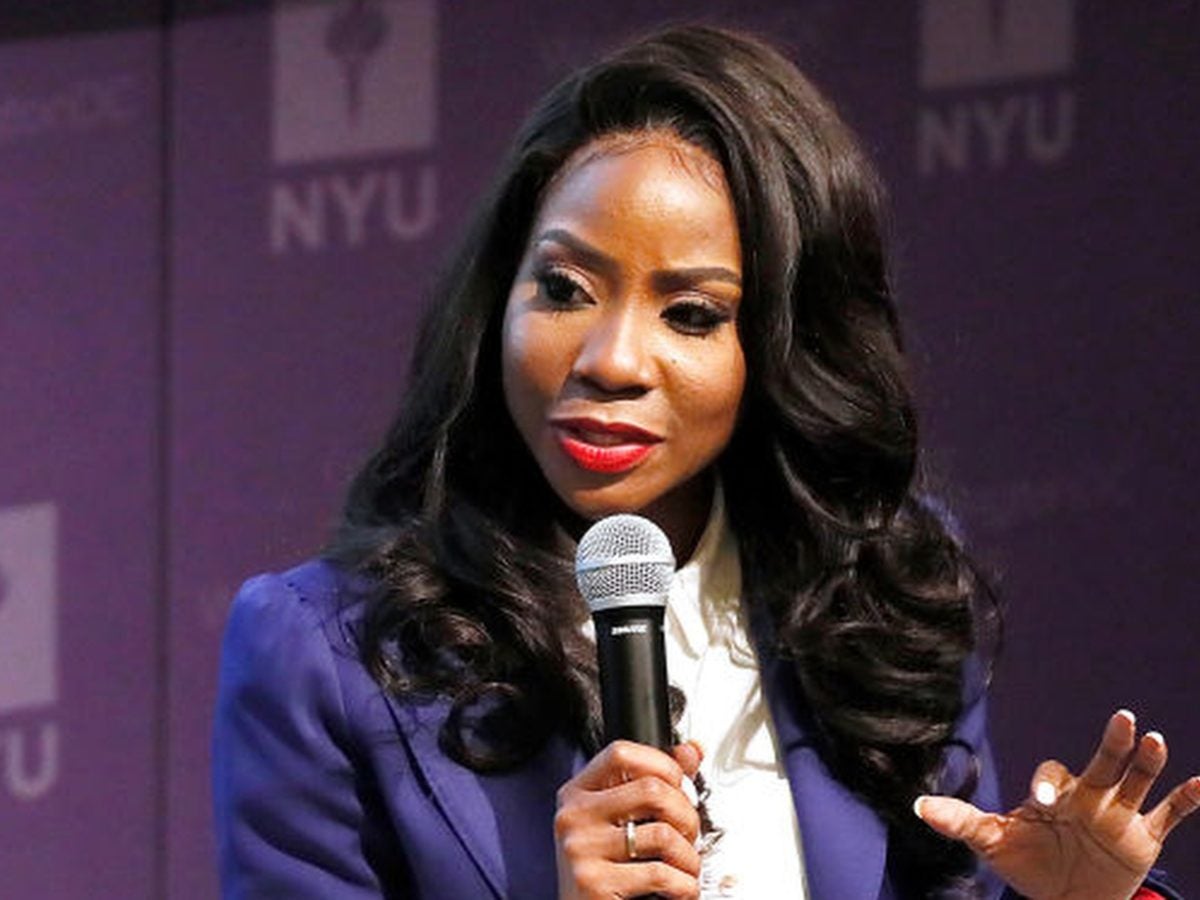
It has been almost six months since 25-year-old Shanquella Robinson was murdered while on vacation in Mexico last October. To date, no arrests have been made despite the fact that Mexican authorities “have a warrant…seeking extradition” for the primary suspect in the femicide.
As the quest for justice for Shanquella continues, attorney Sue-Ann Robinson (who despite sharing the same surname is not related) is not giving up on the fight for Shanquella and her family.
Unfortunately, “[u]ntil recently the American federal government didn’t [even] have much of a public response to Robinson’s death abroad,” WCNC-Charlotte reports. This aligns with what Representative Robin Kelly (D-IL) has said: “[f]or Black families…the media and the public are not captivated by the stories of our…daughters. There is no national search, nor an evening news special. The coverage we receive will quickly fade away, and the families of our missing will continue their search alone. This statement is historically as true as it is bleak.”
But in this case, attorney Robinson has been relentless in her pursuit to change the narrative, serving as an advocate for Shanquella’s family to help them search for answers. ESSENCE had the chance to sit down with the highly renowned attorney to discuss her investigation, challenges she’s faced, and what she needs readers to know.
This interview has been edited for length and clarity.
ESSENCE: What convinced you to take on Shanquella’s case?
It was a young, ambitious, educated, Black woman that went on vacation, just like I have tons of times, but was returned to her family in a box. Initially, her family was advised that she passed away because of alcohol poisoning, [they had] to learn from the internet, with all of us, from a leaked video, that she was in fact beaten to death.
At first, I wanted to be involved to help the family given my background of being a prior prosecutor to [help them] navigate the process. But as time went on, and I saw the lack of transparency and cooperation, and how the family was being ping ponged, I took on a bigger role.
Black and brown victims have to beg and plead and march and rally for basic things.
– Attorney Sue-Ann Robinson
At their direction, I went to Mexico on a fact-finding mission. Being there, the most emotional part was definitely just seeing how ironically beautiful the location was, and driving to the villa from the airport, imagining how excited and happy Shanquella was to be going there and just imagining how she must have felt to be in such an amazing place celebrating her achievements, and then for it to end in tragedy and still be shrouded in mystery in a way that no one should spend their last moments. The fact that even in death, she’s still being denied dignity and justice is upsetting and hurtful.
ESSENCE: Can you speak on why it’s so difficult to find answers when the victim of violence is a Black woman?
Because it’s not prioritized. There’s no priority for it, and Black and brown victims have to beg and plead and march and rally for basic things. Victims’ rights are constitutional, and all victims of any crime, transnational or not, have certain rights to certain information, and my belief is that it’s just not prioritized. It has to be requested. It has to be demanded. We all have to rally and get together. I personally believe this is the most important work of our time, because there’s no reason why there should be a different level of rights, depending on your race, if you’re a victim of a crime.
The family understands that it is a transnational crime, and that the United States authorities have many priorities, but this is a case where justice delayed can absolutely be justice denied because every day that passes, the evidence dissipates, witness’s memories fade. We’re almost at 140 days since the event, and six of the main witnesses in the case are free sleeping in their beds at night, and we don’t know what is happening with the evidence or what’s happening with their testimony during that time.
ESSENCE: We have names. We know who was identified in the video. Do we know where they currently are, so that they can even be extradited, or have they gone into hiding?
Let me say this. If we do, based on our rudimentary skills and basic investigations, then the FBI knows exactly where they are, they’re not hiding anywhere.
ESSENCE: What is the main thing you want to ensure to convey to our readers about this case?
Don’t call them her friends, those are people that she was traveling with, those were not her friends. Also, there wasn’t a fight captured on videos, it was an attack. She was being beaten naked and she never threw a punch or anything. She was being attacked while being non-responsive.
Shanquella braided children’s hair, and she designed clothes. She was an entrepreneur and she was college educated. She’s everything that we tell each other that we’re supposed to be, so I think it’s important that we understand that it could be any of us, and that’s how I look at the case, and we should all look at and treat it the same and treat her family with that same respect.
What people have to understand from the case, is for me, it’s about her. But for everyone else, it should be about the United States saying victims of transnational crimes have rights and that people who commit transnational crime, it’s not going to be accepted. You’re not going to be able to go to another country, commit a crime, and then make a safe haven back in the United States. That shouldn’t be a message that our government wants to send to Black people, to brown people, to white people to anybody.